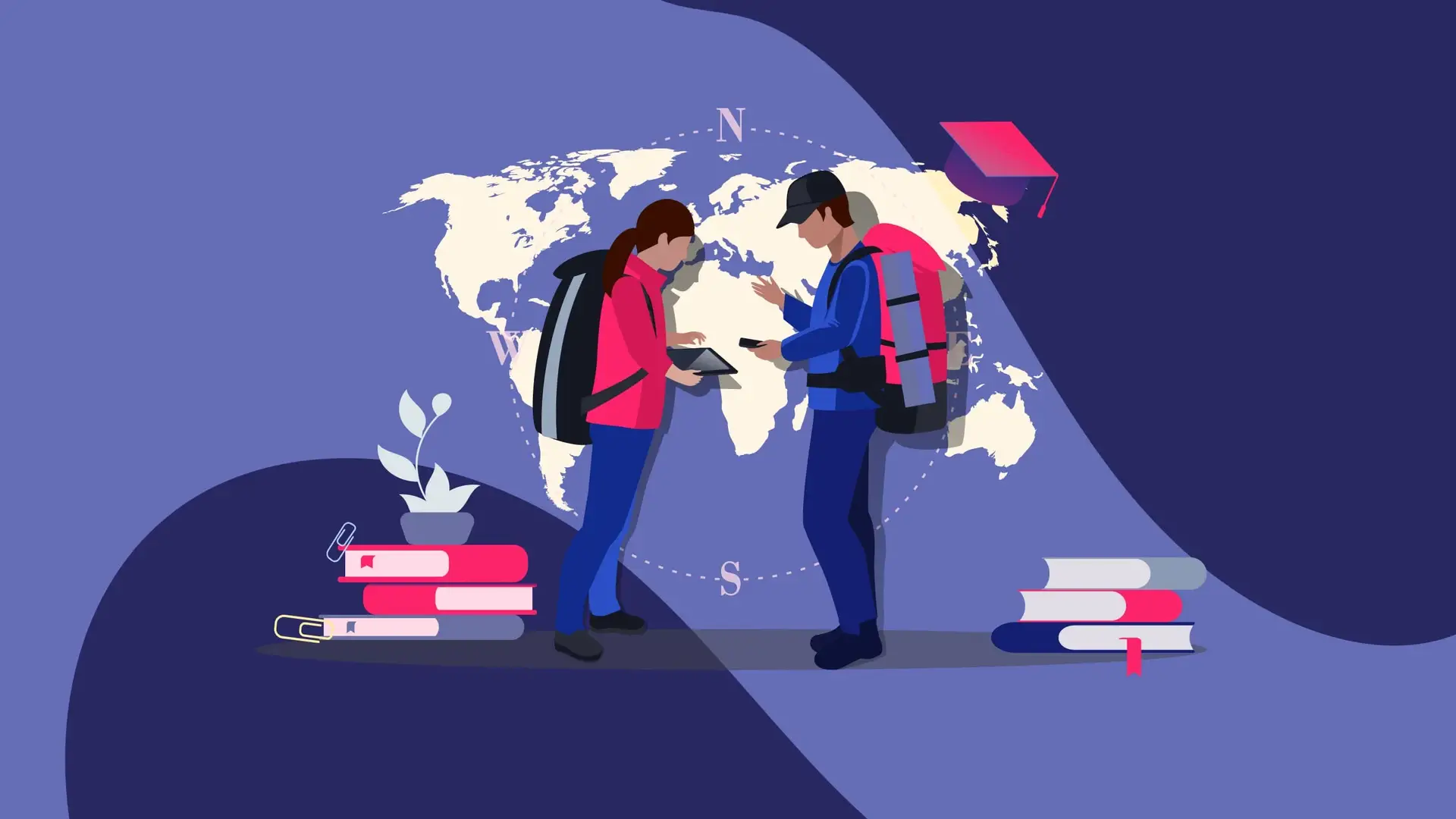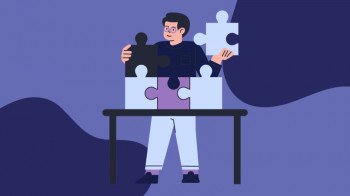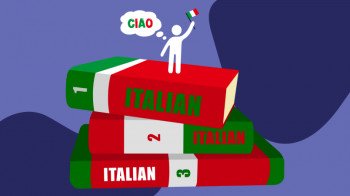Education system in Western countries
Education in the CIS countries
Studying abroad has ceased to be inaccessible. Every year, universities and schools in other countries open their doors to a large number of applicants. But the question is, how to study abroad? How is education different from what we are used to? It is hard to imagine that there are countries in which children are not given homework. Lessons where you can relax. And there are countries where children study for 10-12 hours a day. Plus, attend additional classes, on weekends and on vacation. Each state has its own rules and regulations that affect the system. In addition to differences, there are common similarities: the development of individuality, purposefulness and inclusiveness. Tutors of the Tema platform are specialists who will give not only knowledge in the field of the chosen subject. And they will talk about the principles and norms of culture within the country. And experience and qualifications will allow preparing a student of any level of knowledge for exams, in accordance with European standards.
Education system in Western countries
Western education is one of the best. Because from the first grades, children are not only given school material, but they are also taught to be a person, develop abilities, and support in their endeavors. Individual programs allow you to choose those subjects that can reveal the potential and talents. If you are planning to move to one of the Western countries, the teachers of the resource will help you learn the language and pass international tests and exams.
Canada
The education of the country is divided into free and paid, public and religious. Each province has its own system, which has similar features to each other. In Canada, for young learners, the journey begins at age four or five. The high school and middle school are built in blocks, in each block students study four subjects per semester, and the lessons last 75 minutes. In order for a child to receive a diploma and enter the university, he needs to score a certain number of points - credits. They are received for the development of the school curriculum. If there are not enough points, you can stay for the second year.
Instead of parent-teacher meetings and general magazines, teachers pass information to parents individually, in person. And grades are not disclosed among students and are confidential information.
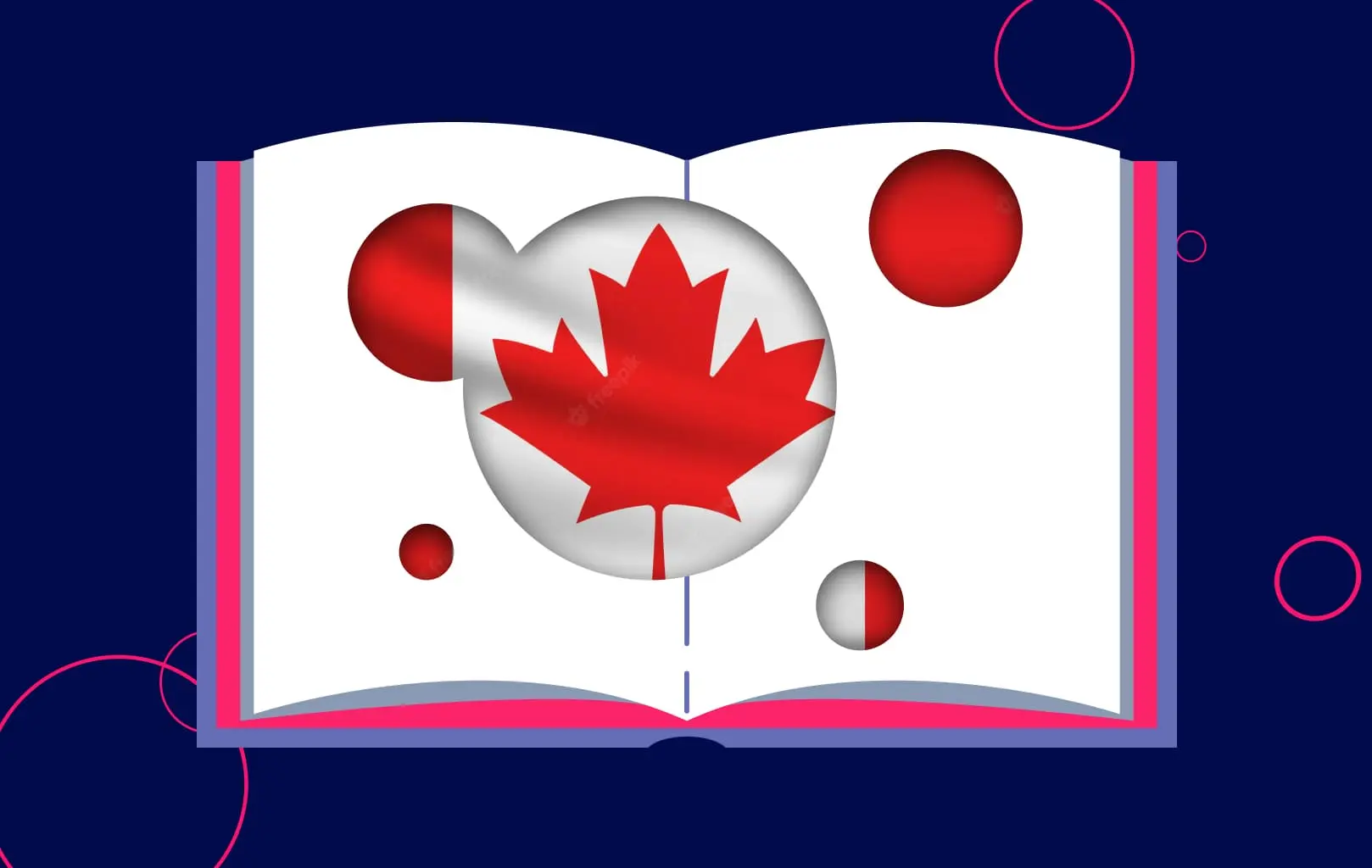
USA
Most public schools are free. And the education system does not have clear standards and prescribed programs. Every year, students are redistributed to new cash desks. And during the passing of tests and exams there is no general preparation, everyone is trained according to an individual program. There is no traditional physical education in the USA. Physical training lessons are equated to a professional sport, where applicants can, thanks to their talents, receive scholarships and free places at universities.

Great Britain
Education in the UK starts at the age of four. The country allows every child to receive free education. Great Britain is famous for boarding houses, in which no one has the right to challenge clearly defined rules and charters. Conversations between teachers and parents take place behind closed doors. Grades are sent by email at the end of each semester.
Studying in educational institutions requires participation in school and outwardly social events and charity.
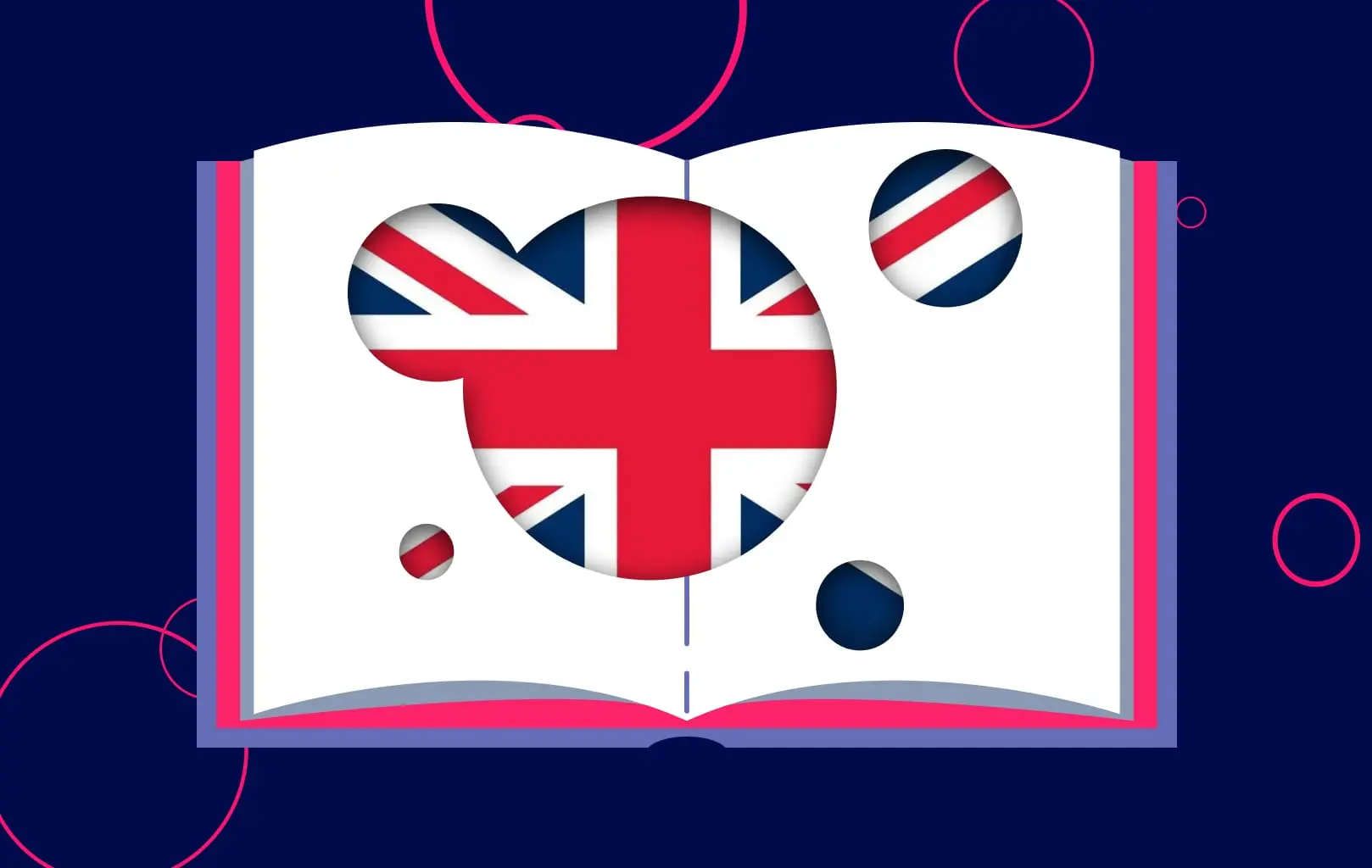
Finland
Education in Finland is one of the best and one of the top five in the world. There are no weak or elite schools in the country, everyone is equal. Education is completely free, from canteen food to school supplies. And the usual official address to teachers is replaced by a simple name.
Students are not divided into weak and strong. And comparing children is prohibited. For each, individual programs are compiled from the number and direction of lessons to the level of complexity of tests.
Those who do not keep up with the program or want to improve their grades can study one more year, after which they can go to college or continue their studies at the lyceum.
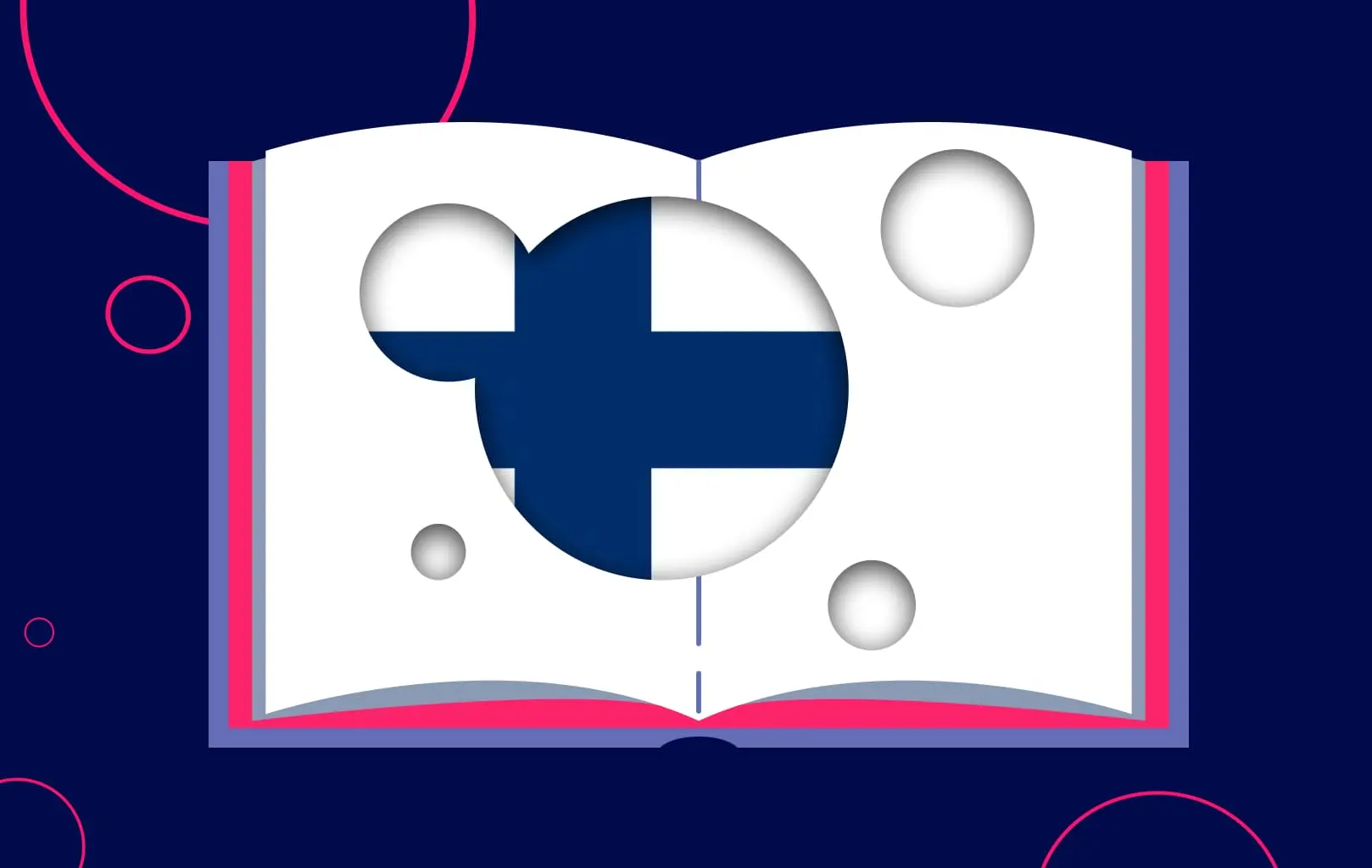
Spain
In Spain, there are state, semi-state, private church institutions that allow you to get an international diploma. Together with Spanish, children must learn Valencian and the Catholic language.
In the country, students often stay for the second year. And this is the norm for the locals.
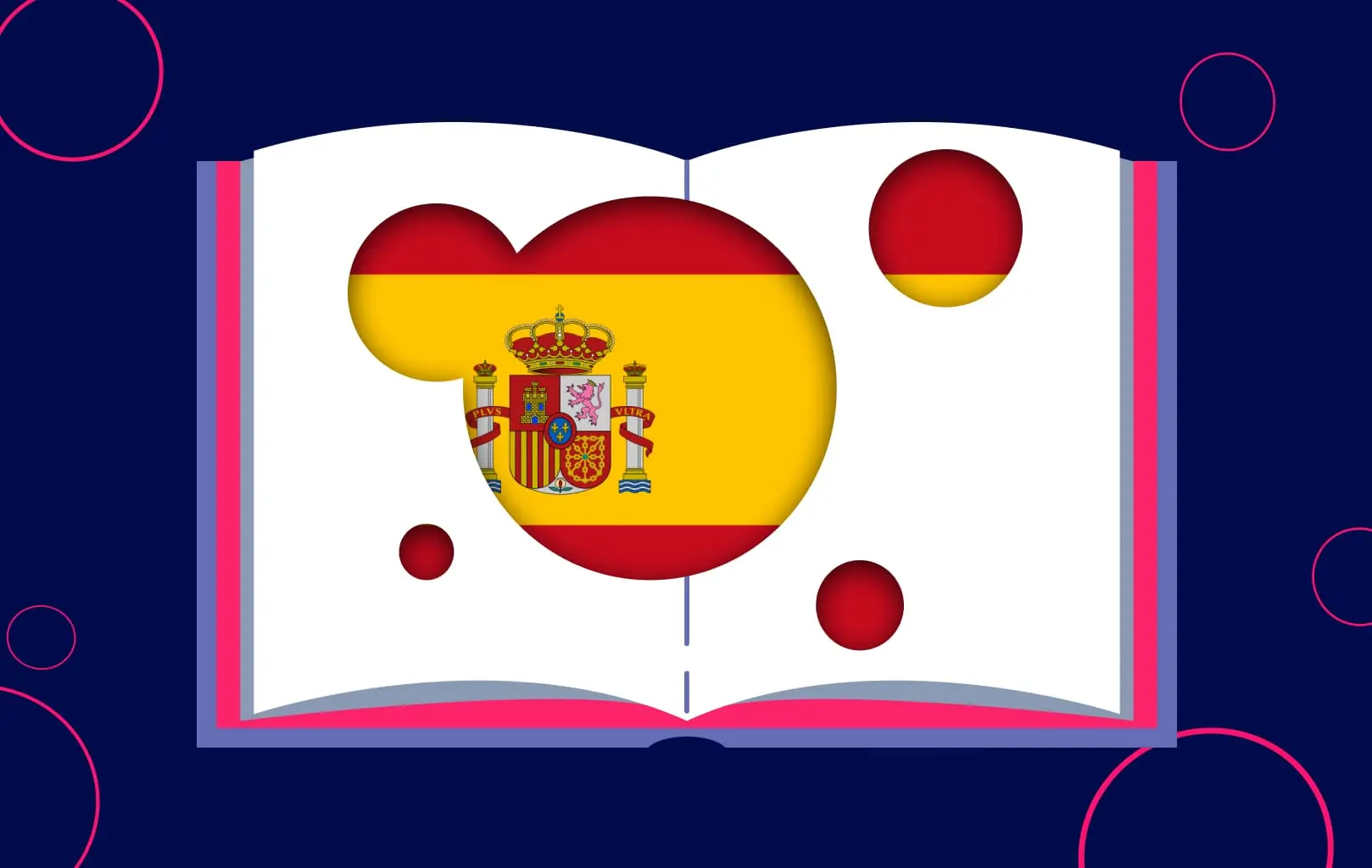
Education in the Middle East
Speaking about the formation of the East, it is many times inferior to Western countries. Despite the fact that instead of the usual 4-5 hours, children study for ten or more hours, additionally attending various courses and tutors. On the Tema platform, you can find a tutor of various qualifications and directions. And you can book a lesson at a convenient time, day or night, by going to the "Tutors" section.
Japan
Primary education is compulsory and free. And the senior and high school - paid. The program between schools may differ from each other, but must necessarily comply with the state standard.
It is normal for the country to have lessons on Sundays. And mothers can go to classes instead of students and take notes.
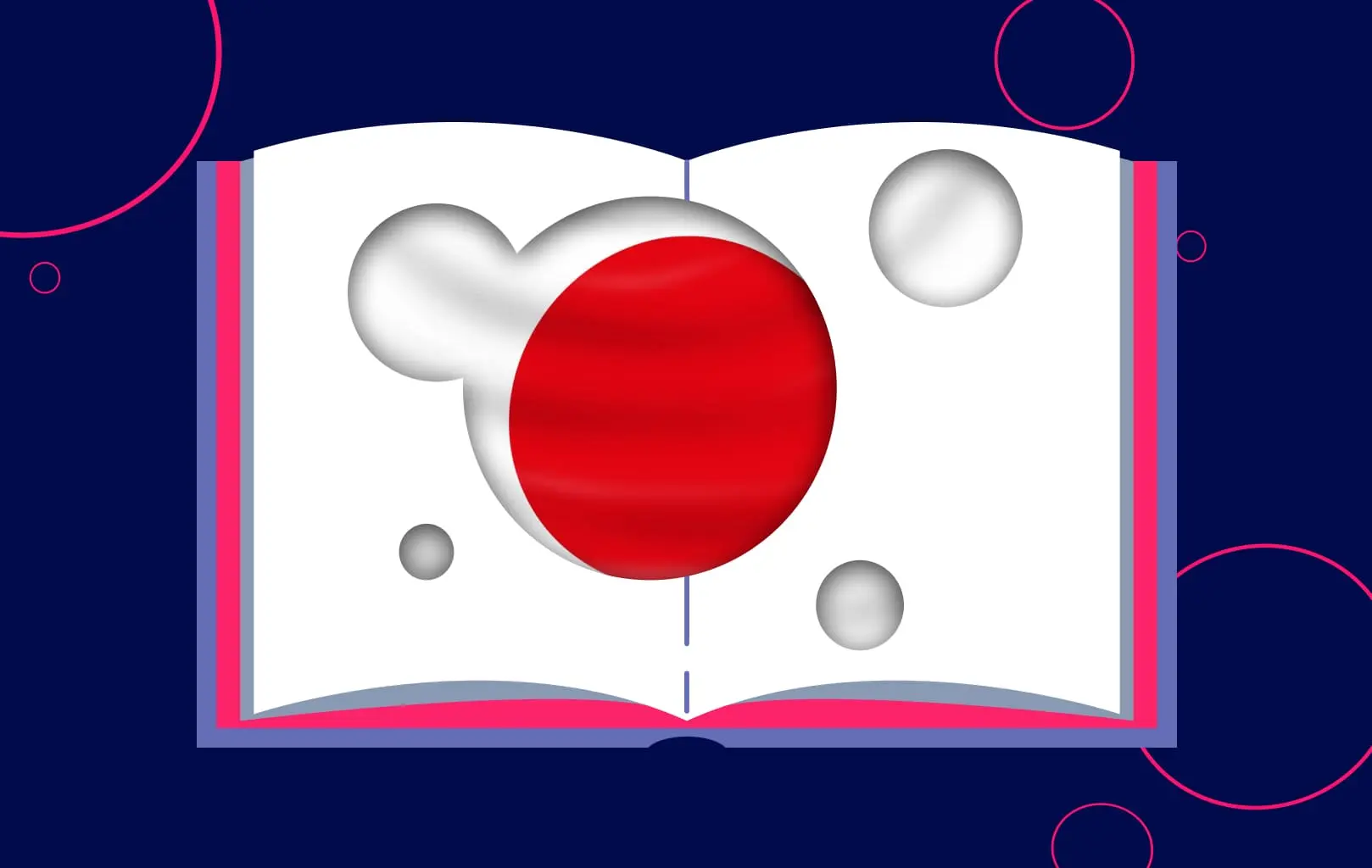
China
The country has both private, public and educational boarding houses. At the transition to the first grade and at the end of primary school, students take tests, which guarantees the transition to secondary. The filling of the class exceeds the usual norm, sometimes one class can accommodate from thirty to eighty students in a lesson. Much attention in teaching is given to mathematics and Chinese. English is taught only by a teacher from Europe.
Much attention is paid to discipline. Daily constructions and exercises. In case of disobedience, the teacher is allowed to hit the student.
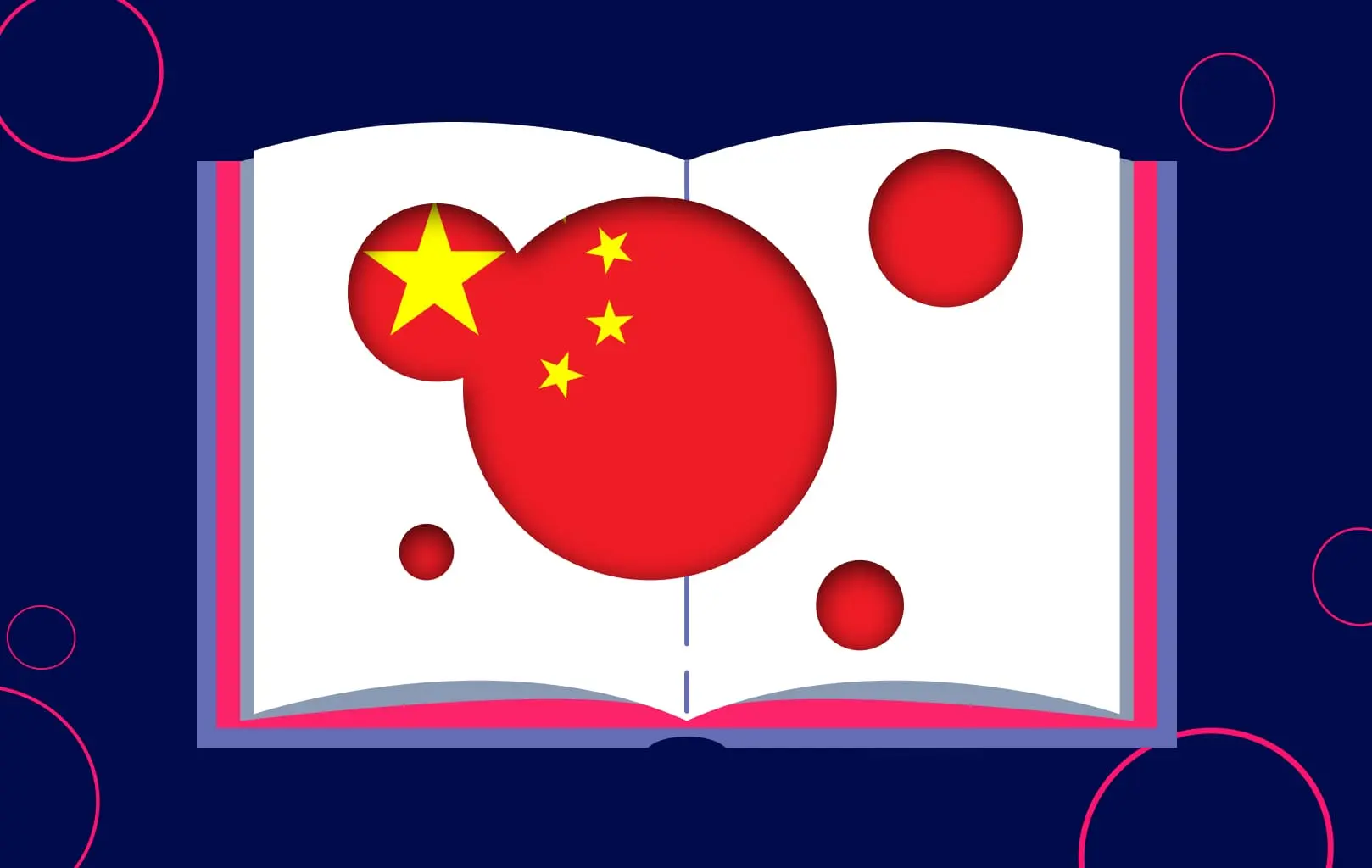
South Korea
The education system in South Korea is strictly controlled by the state. And education in the last three classes, before entering the university, is paid. After school, all children study with tutors. If a student gets a hundred points in mathematics and English, it is much more valuable than knowledge of their native language.
In educational institutions, grades are hidden from the public eye, you can find out the overall rating. And the transition to the next class occurs regardless of the student's performance.
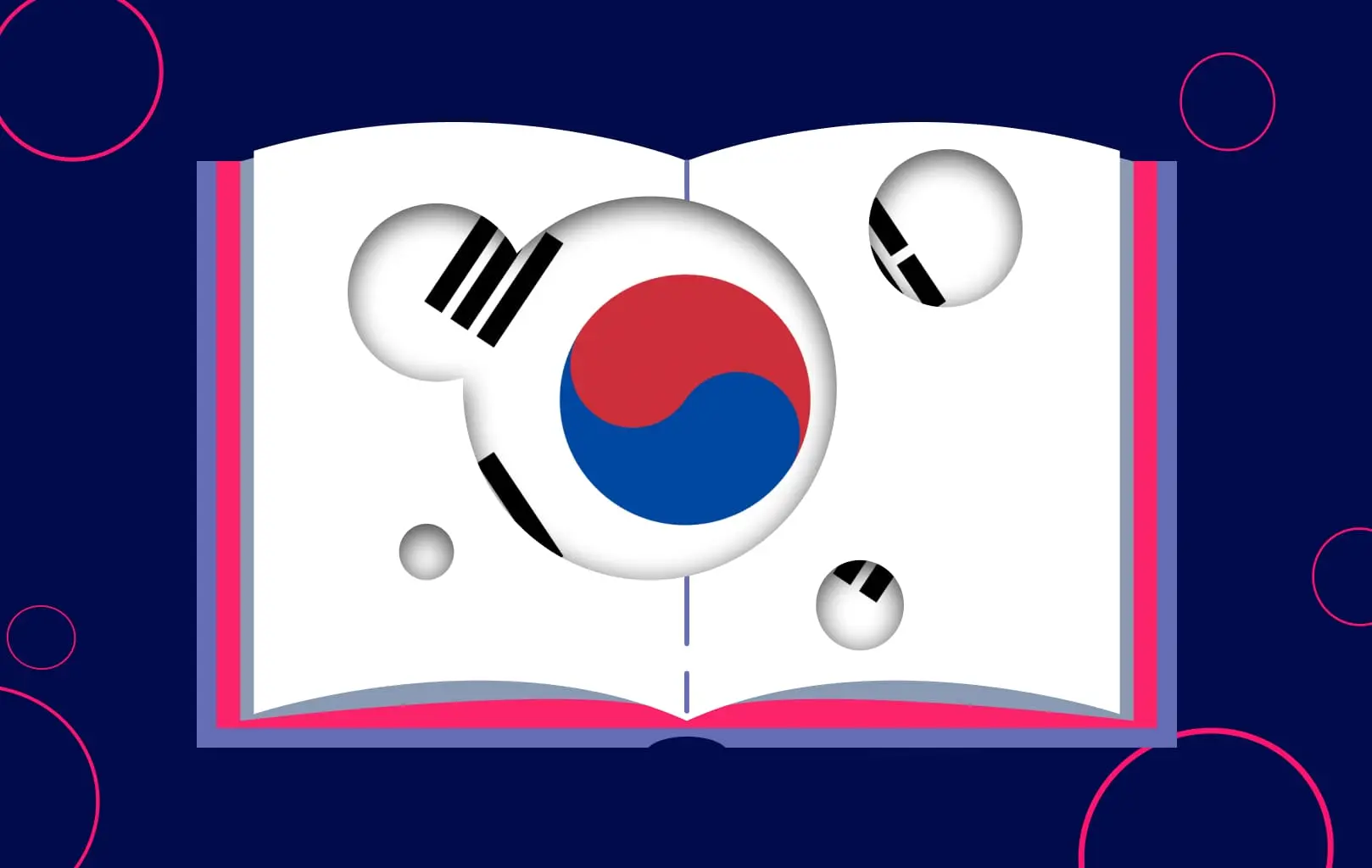
Israel
The main part of Israeli school children receive knowledge in state religious institutions, the rest are orthodox-religious. In Israel, there are mixed educational institutions, and there are separate male and female educational institutions.
The system obliges the annual collection of funds from parents. If Parents are unable to pay the costs, educational institutions are prohibited from excommunicating a student from classes and educational activities.
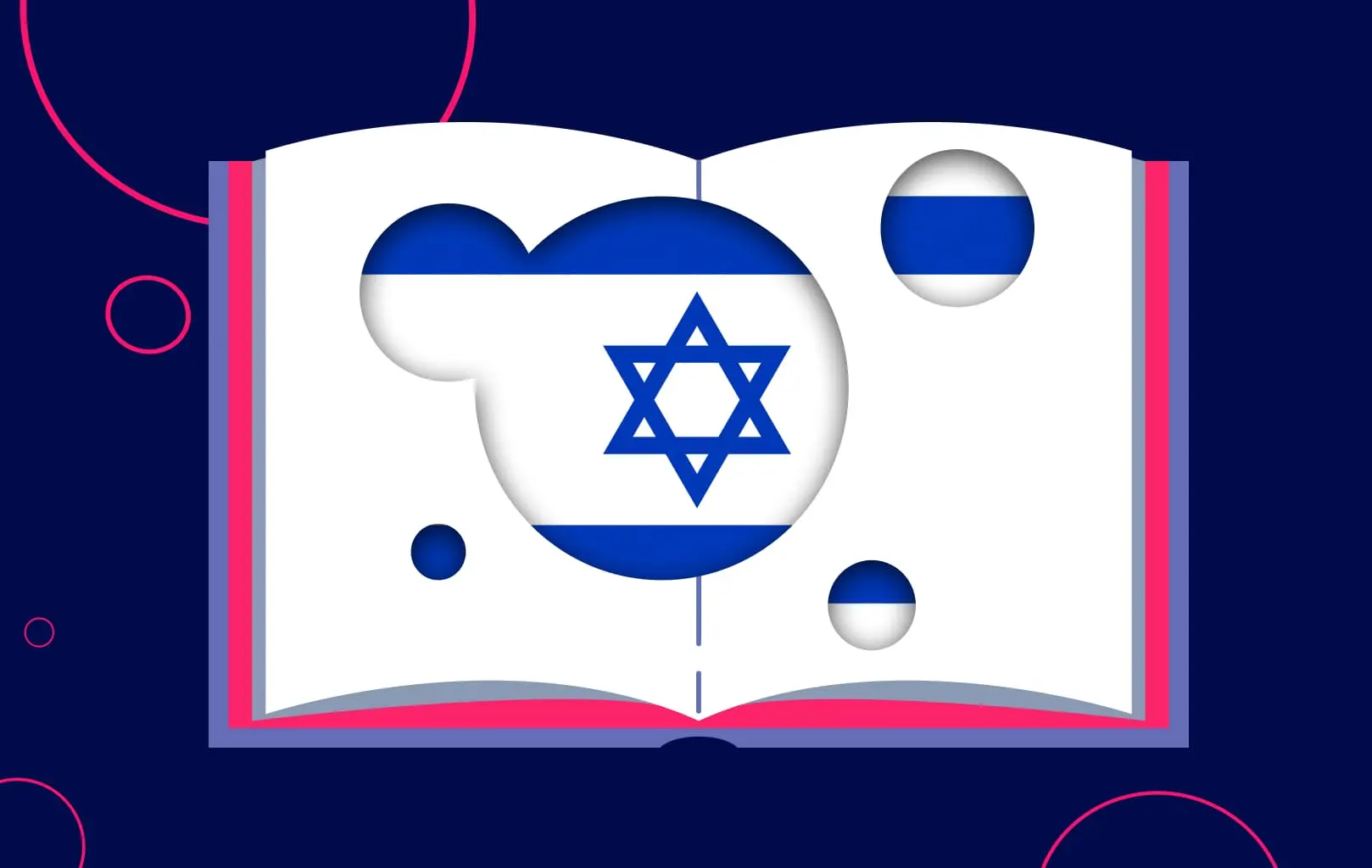
Turkey
There are both public and private lyceums in the country. There are four years for elementary, middle and high school. In Turkey, there is a mandatory preparation for preschoolers of three, four years. In this preparation, children study mathematics, Turkish and English. In public institutions, up to 60 students per class can study. Turkish schools have compulsory buses that take children to school.
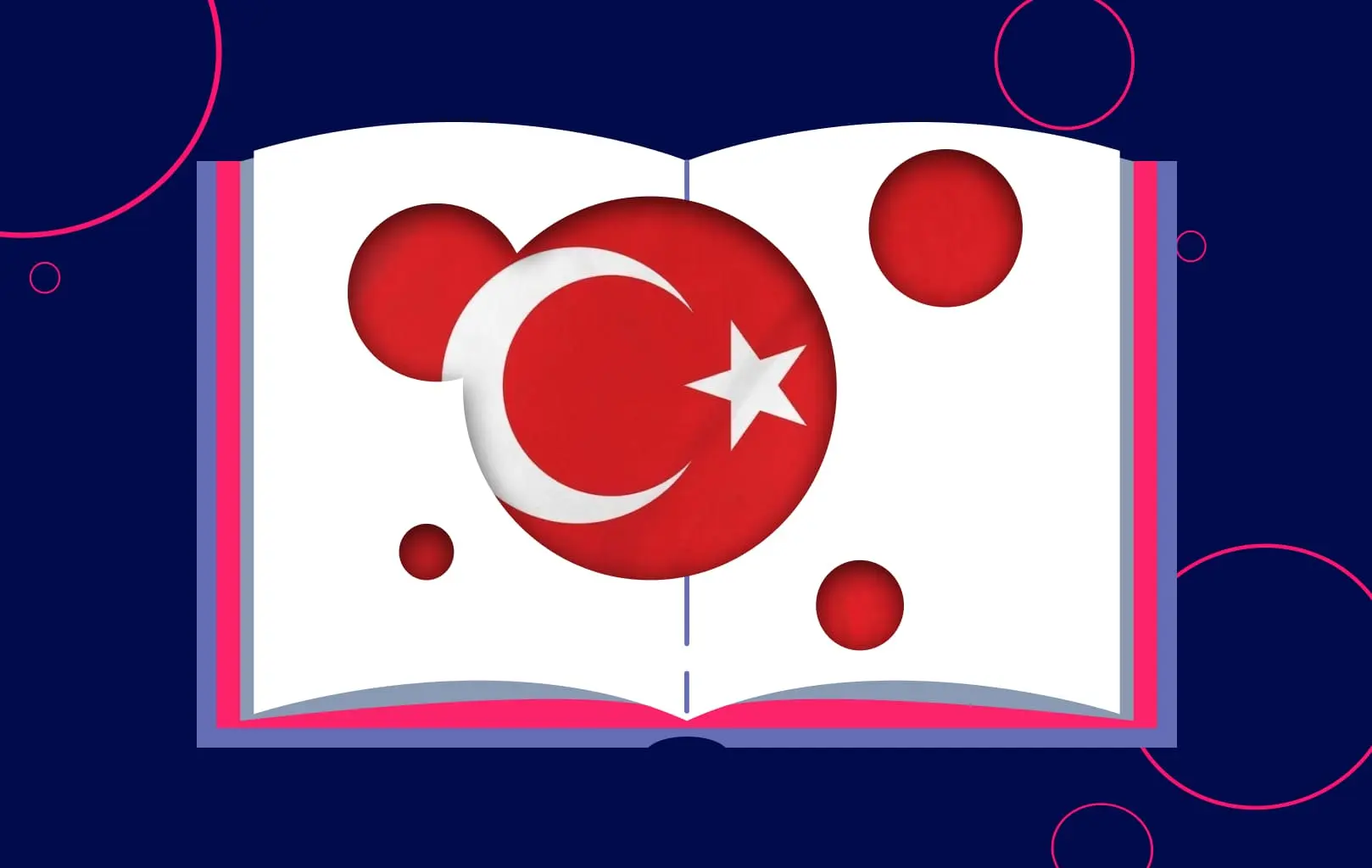
Education in the CIS countries
The Commonwealth of Independent States consisted largely of the Soviet republics, which to this day have driven away the former education system. Eleven-year education system, and a twelve-point scale for assessing knowledge. And the subjects are taught in their native language, regardless of the specifics.
Moldova
Education in Moldova differs from the education system in other post-Soviet countries. Together with Moldovan, a compulsory subject for passing the exam, Romanian. In Moldova, the compulsory completion of ten classes. In addition to winter and spring holidays, children have Easter weekend, which lasts ten days.
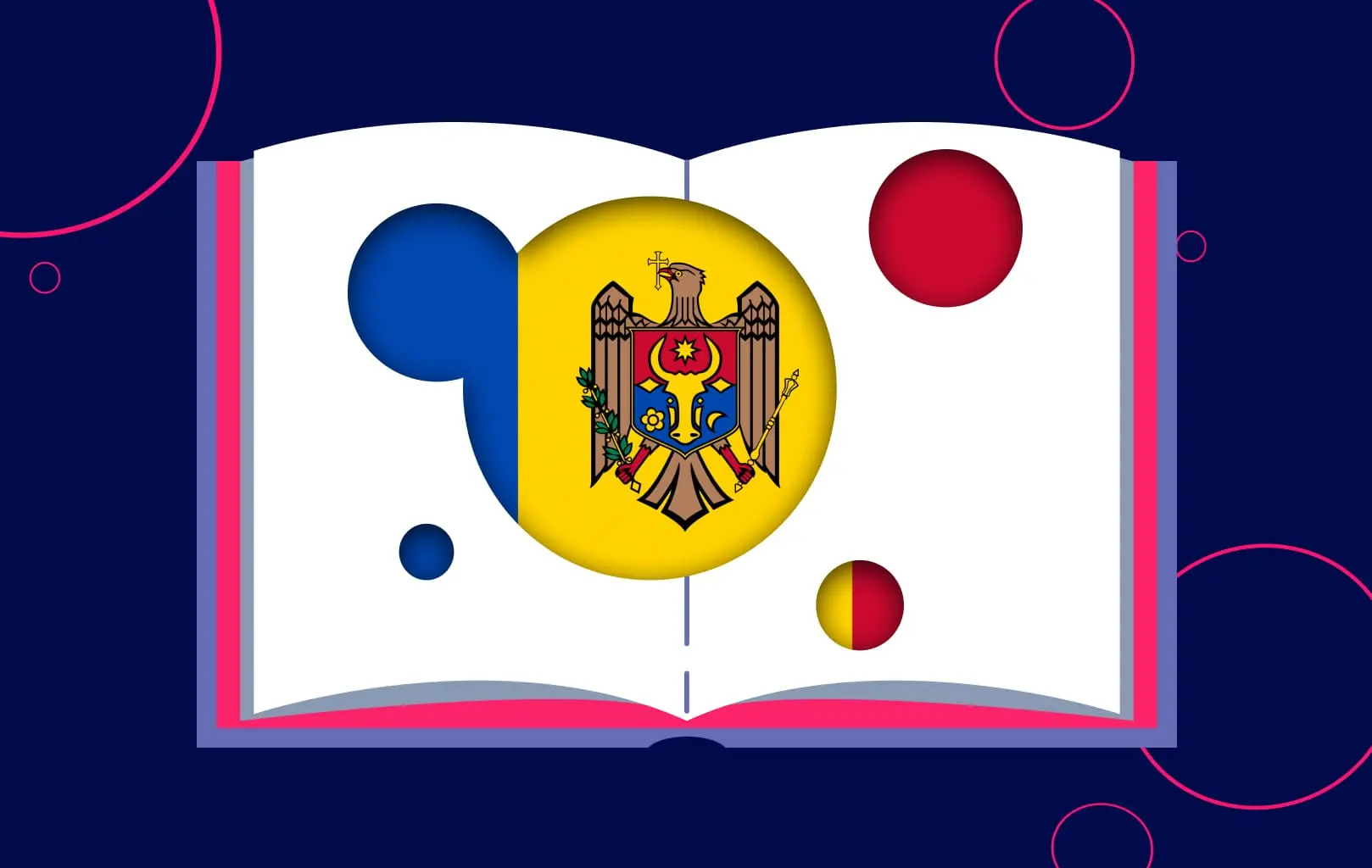
Conclusion
The education system of different countries differs from each other not only in quality, but also in the approach to conducting lessons. Depending on the values and culture, their own individual program is built, according to which students from different countries go. Despite the differences in learning, paramount is the knowledge and experience that the child receives as a result. The ability to apply them in real life and the desire to conquer new heights.
The Tema platform breaks down boundaries and gives you the opportunity to gain international knowledge no matter where you are. And the availability of prices allows you to choose a tutor of any qualification and direction.
Mentors will help you learn a language, improve humanitarian and technical subjects in any language. Go to the "Tutors" section, book a lesson, and start studying the subject. This is convenient, since everything you need is on the platform.
